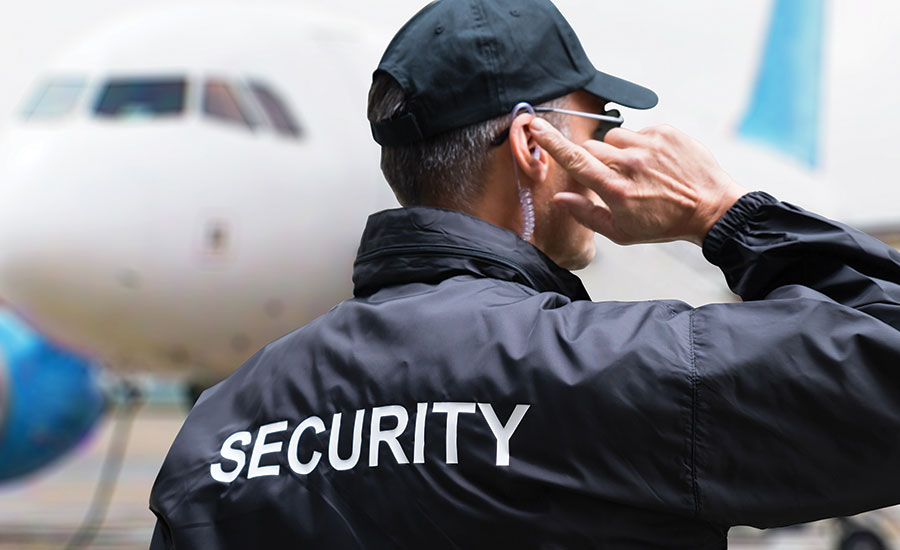How to Assess the Experience of an Executive Protection Team?
Selecting the right executive protection team is crucial for ensuring the safety and security of high-profile individuals. As executive protection services become more essential for business leaders, celebrities, and government officials, evaluating the experience of a protection team is a key factor. An experienced team not only prevents security breaches but also handles emergencies effectively, offering peace of mind to clients. Understanding the factors determining a team's expertise can help make an informed decision. This article explores the key aspects of assessing the experience of an executive protection team.
Key Factors to Evaluate an Executive Protection Team's Experience:
1. Professional Background and
Training:
- The background of an
executive protection team significantly impacts their ability to handle
security challenges.
- Look for teams with
experience in military, law enforcement, or intelligence services.
- Proper training in
threat assessment, defensive driving, surveillance detection, and crisis
management is essential.
- Certification from recognized security training programs is an indicator of professionalism and competence.
2. Experience with High-Profile
Clients:
- A team that has worked
with high-profile clients demonstrates an understanding of complex
security needs.
- Experience handling
VIP security, diplomatic protection, and corporate security ensures the
team can adapt to different scenarios.
- Testimonials or case studies from past clients can provide insights into the team's reliability and efficiency.
3. Response to Threats and
Emergencies:
- An experienced team
should have a well-defined protocol for handling threats and emergencies.
- Their ability to
remain calm under pressure and respond effectively to unexpected
situations is critical.
- Ask for examples of how the team has managed security breaches or emergencies.
4. Use of Technology and Equipment:
- A capable executive
protection team should have access to advanced security technology.
- Surveillance systems,
communication tools, and GPS tracking are essential for real-time threat
monitoring.
- The team should regularly update and test their equipment to ensure it functions properly in high-risk situations.
5. Discretion and Professionalism:
- Executive protection services
require a balance of security and privacy.
- The team should
operate discreetly, avoiding drawing unnecessary attention to the client.
- Professional conduct and maintaining confidentiality are essential traits of an experienced team.
Questions to Ask When Evaluating
Experience:
- What type of clients
have you worked with in the past?
- Can you provide
examples of how you handled a security breach?
- What training and
certifications does your team hold?
- How do you adapt
security plans for different locations and threat levels?
- How do you balance security with client privacy?
Choosing an experienced executive protection team involves more than
just verifying credentials. Evaluating their training, response to emergencies,
use of technology, and ability to handle high-profile clients ensures they can
provide comprehensive protection. Investing in a qualified team enhances
security and provides peace of mind. Executive protection services are a
strategic investment in personal and professional safety, making it essential
to choose the right team.


Comments
Post a Comment